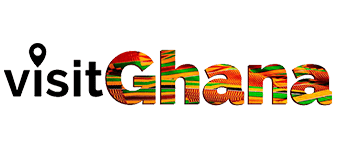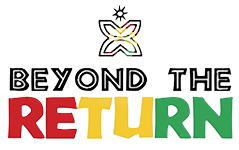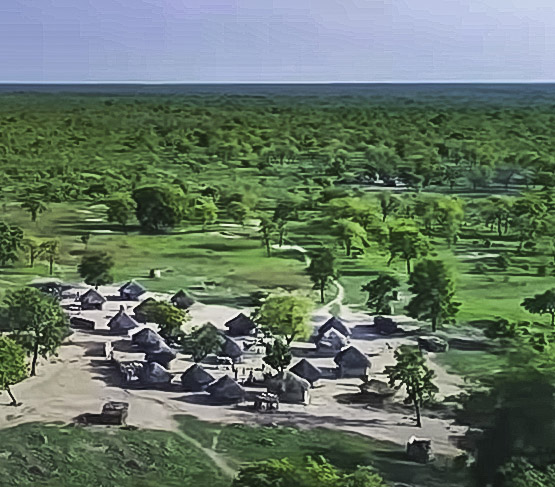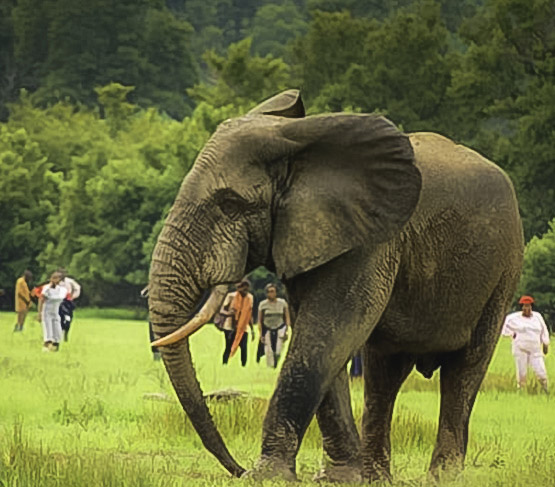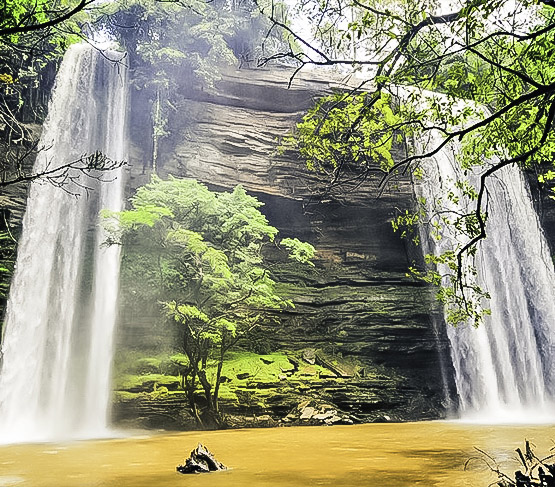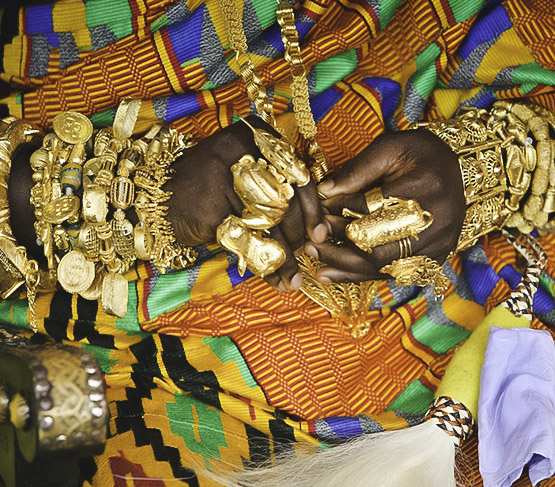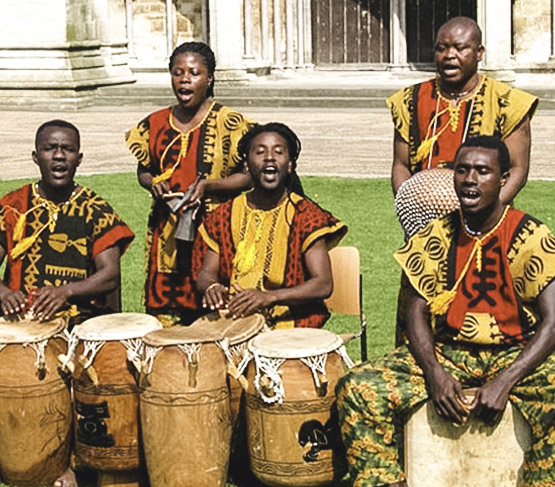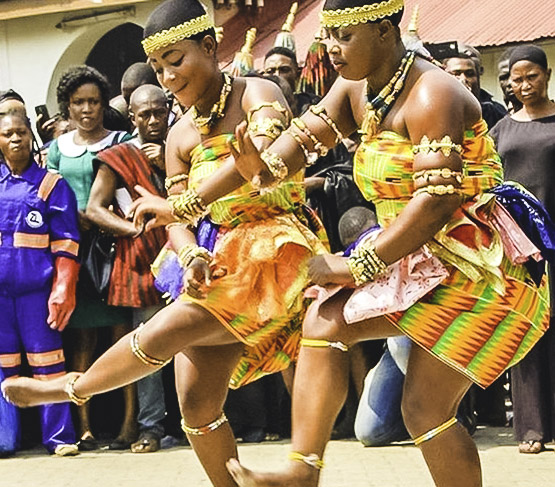- 1st Floor, Hennessy Tower Building Lot 26,23B, Pope Hennessy Street Port Louis, Mauritius
- (+ 230) 214 3326
- portlouis@mfa.gov.gh


Experience Ghana
SEE - EAT - WEAR - FEEL


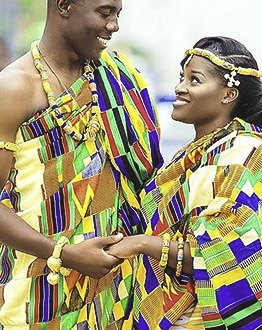


Explore our Nature
Our natural ecosystem
Ghana is a lowland country, except for a range of hills on the eastern border. The sandy coastline is backed by a coastal plain that is crossed by several rivers and streams, generally navigable only by canoe.
In the west, the terrain is broken by heavily forested hills and many streams and rivers. To the north lies an undulating savanna country that is drained by the Black and White Volta rivers, which join to form the Volta, which then flows south to the sea through a narrow gap in the hills.
Southern Ghana contains evergreen and semi deciduous forests, consisting of tall silk cottons, kolas, and valuable West African hardwoods such as mahogany, odum, and ebony.
The northern two-thirds of the country is covered by savanna (a tropical grassland with a scattering of shrubs and trees), featuring shea trees, acacias, and baobabs. The oil palm is found throughout the south and the Ashanti uplands, and the lagoons of the coast contain mangroves. Once plentiful throughout the savanna, large mammals such as elephants and lions are now rare and largely confined to nature reserves. The forest regions are habitats for monkeys, snakes, and antelopes, and some of the major rivers contain crocodiles. There are more than 725 bird species in Ghana.
The northern two-thirds of the country is covered by savanna (a tropical grassland with a scattering of shrubs and trees), featuring shea trees, acacias, and baobabs. The oil palm is found throughout the south and the Ashanti uplands, and the lagoons of the coast contain mangroves. Once plentiful throughout the savanna, large mammals such as elephants and lions are now rare and largely confined to nature reserves. The forest regions are habitats for monkeys, snakes, and antelopes, and some of the major rivers contain crocodiles. There are more than 725 bird species in Ghana.
Explore our Food

Waakye

Ga Kankey & Fish

Jollof

Banku with Tilapia

Fufu

Red Red With Gari

Yam & Kontomire
Explore our Culture
Cultural ethnicity of Ghana
Ghana is home to a variety of ethnic, linguistic and religious groups. The greater number (i.e.
71.2%) of Ghana's population is Christian, 17.6% are Muslim, and 5.2% practice traditional and other faiths. Ghana's diverse geography and ecology ranges from coastal savannahs, through mountain ranges, to tropical rain forests in its middle belt to northern savannah lands. Ghana is a unitary constitutional democracy led by a president who is both head of state and head of government.
Ghana has rich, traditional cultures that may differ from one ethnic group to another. This includes six major ethnic groups that break into more than 60 smaller ones. The six larger groups are the Akan (Ashanti, Akwapim, Fanti etc.), the Guan, the Gruma, the Ewe, the Ga-Adangbe and the Mole-Dagbani. 52 separate languages and hundreds of dialects are spoken in Ghana.
Ghana has rich, traditional cultures that may differ from one ethnic group to another. This includes six major ethnic groups that break into more than 60 smaller ones. The six larger groups are the Akan (Ashanti, Akwapim, Fanti etc.), the Guan, the Gruma, the Ewe, the Ga-Adangbe and the Mole-Dagbani. 52 separate languages and hundreds of dialects are spoken in Ghana.
